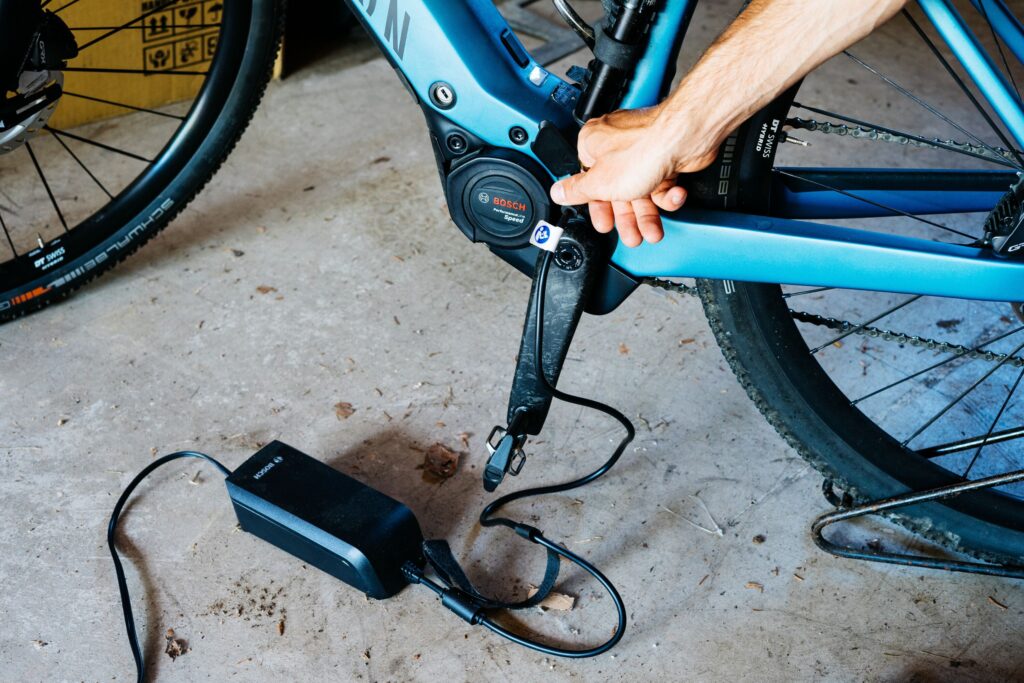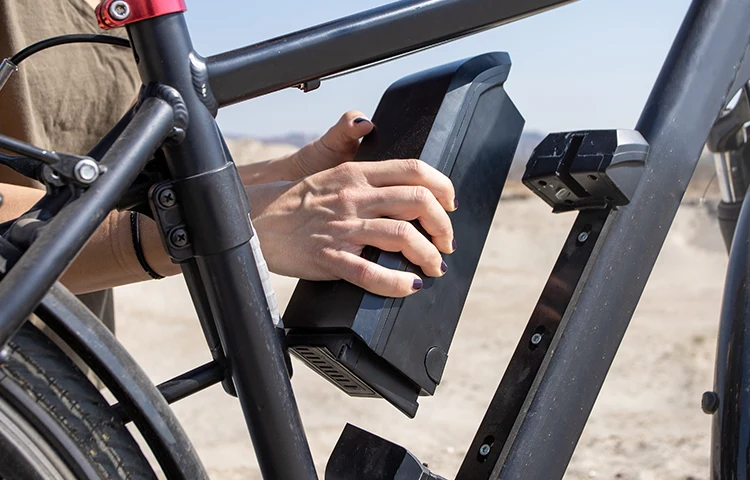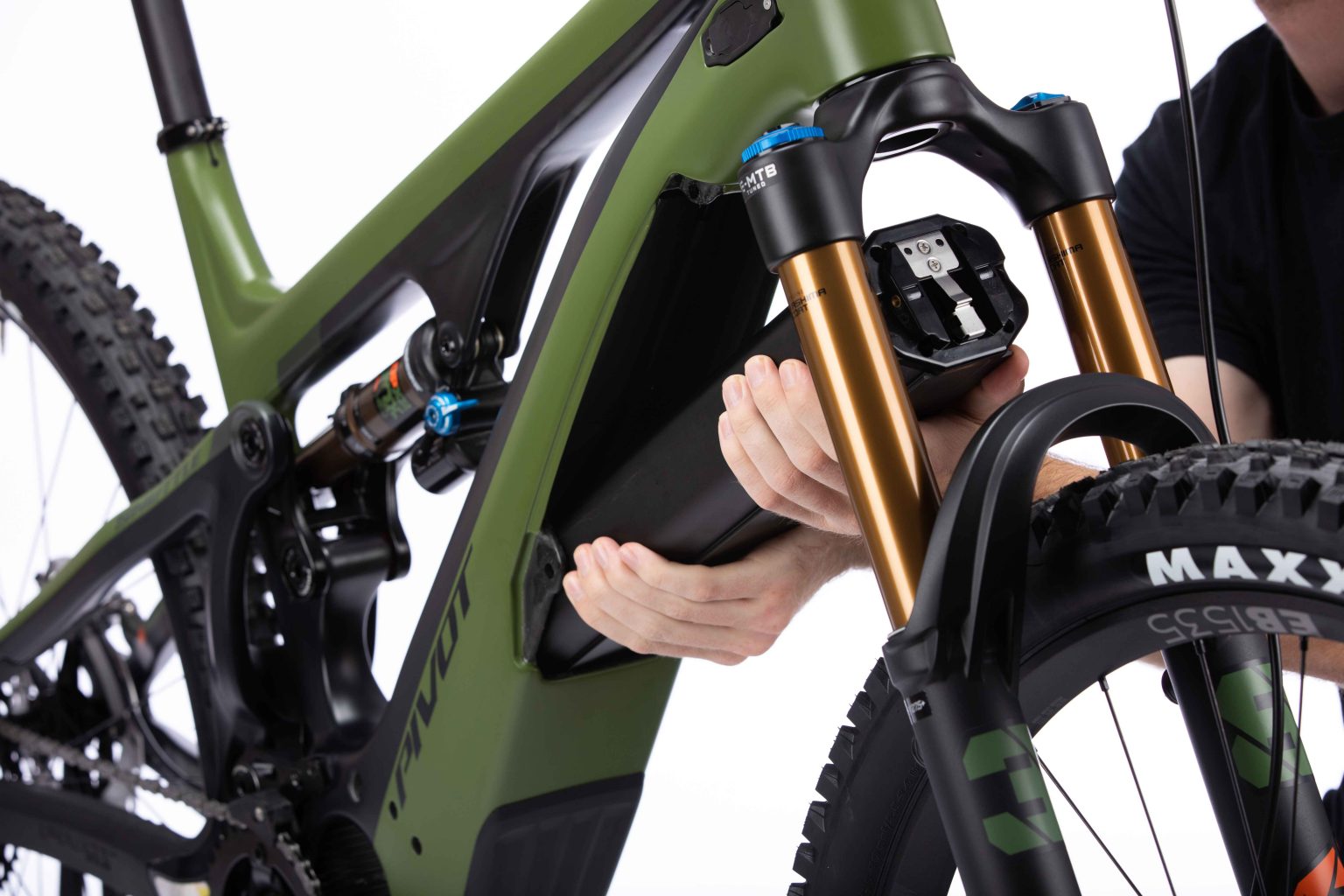As the use of electric bikes (e-bikes) continues to rise, it becomes imperative for retailers to adopt best practices in the handling and securing of e-bike batteries. This blog post explores the comprehensive steps retailers can take to secure batteries within their shops and rental fleets to ensure the safe utilization and maintenance practices.
Securing E-Bike Batteries in Shops
Work with Trusted Brands:
– It is crucial for retailers to establish partnerships exclusively with brands they hold official dealership status as well as affiliated companies and only servicing these particular bikes.
– Opting for brands certified for sales and service in Canada is essential, ensuring compliance with rigorous safety standards. More info on standard UL2849 (the general e-bike standard) can be found here.
End-of-Day Checklists:
– Retailers should institute end-of-day checklists as part of their operational routine to guarantee that no e-bikes are inadvertently left plugged in or charging overnight. This reduces the chance of any instances happening from overcharging.

Storage Cabinets
– Employing explosion proof safe cabinets or bags, which are readily available at VarTools and LithiumSafe, allows for the safe storage of batteries and enhances the overall safety and security of your shop and service area.
-Implement these cabinets in any shop that regularly services e-bikes, providing an additional layer of protection against potential hazards.
Use Original Manufacturer Parts:
– To maintain the integrity of e-bike systems, retailers must strictly adhere to using batteries and components made for the specific e-bike model and supplied exclusively by the original manufacturer.
– Steer clear of aftermarket, non-original manufacturer parts designed to alter the e-bike system, and refrain from servicing bikes that have undergone any form of alteration.
Limit Charge Level of Stock:
– It is advisable to keep all in stock e-bike batteries at less than 50% charged. All batteries are shipped at this level of charging and it is best to leave them at this level until delivered to the end customer.
Service Limitations:
– In cases where a shop only works on e-bike mechanicals and not electronics, ensure that the battery is removed before any service is performed, mitigating potential risks associated with electrical components.

Disposal
-Find out the recycling guidelines in your area and start a collection service for people to return their old batteries to your shop.
-Emphasize the importance of proper disposal of old and used e-bike batteries. Encourage customers to return batteries at the end of their life, and inform them about local battery recycling depots, such as those provided by municipalities.
-Direct readers to additional resources like Call2Recycle for more information on battery recycling, contributing to environmentally responsible practices.
Enjoy The Ride
Implementing these detailed best practices empowers retailers to actively contribute to the safe and responsible use of e-bike batteries. By adopting these measures, retailers can help enhance battery lifespan, minimize the risk of accidents, and collectively promote a sustainable approach to e-bike ownership. In addition to taking these steps listed above, our team is available to assist Retailers with liability insurance reviews and recommendations. Insuring your e-bike business is secure. Learn more about our Bike Shop programs here.


